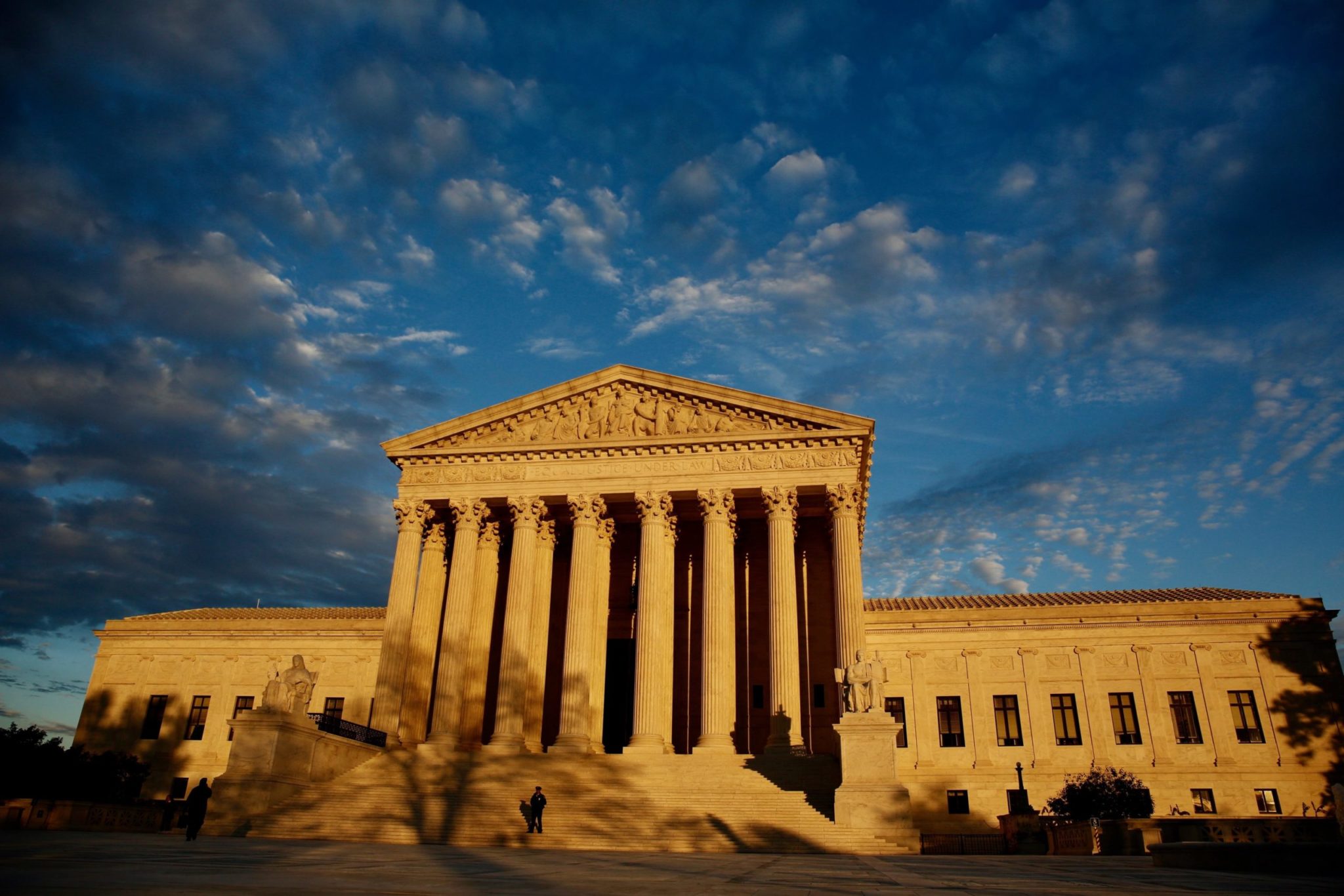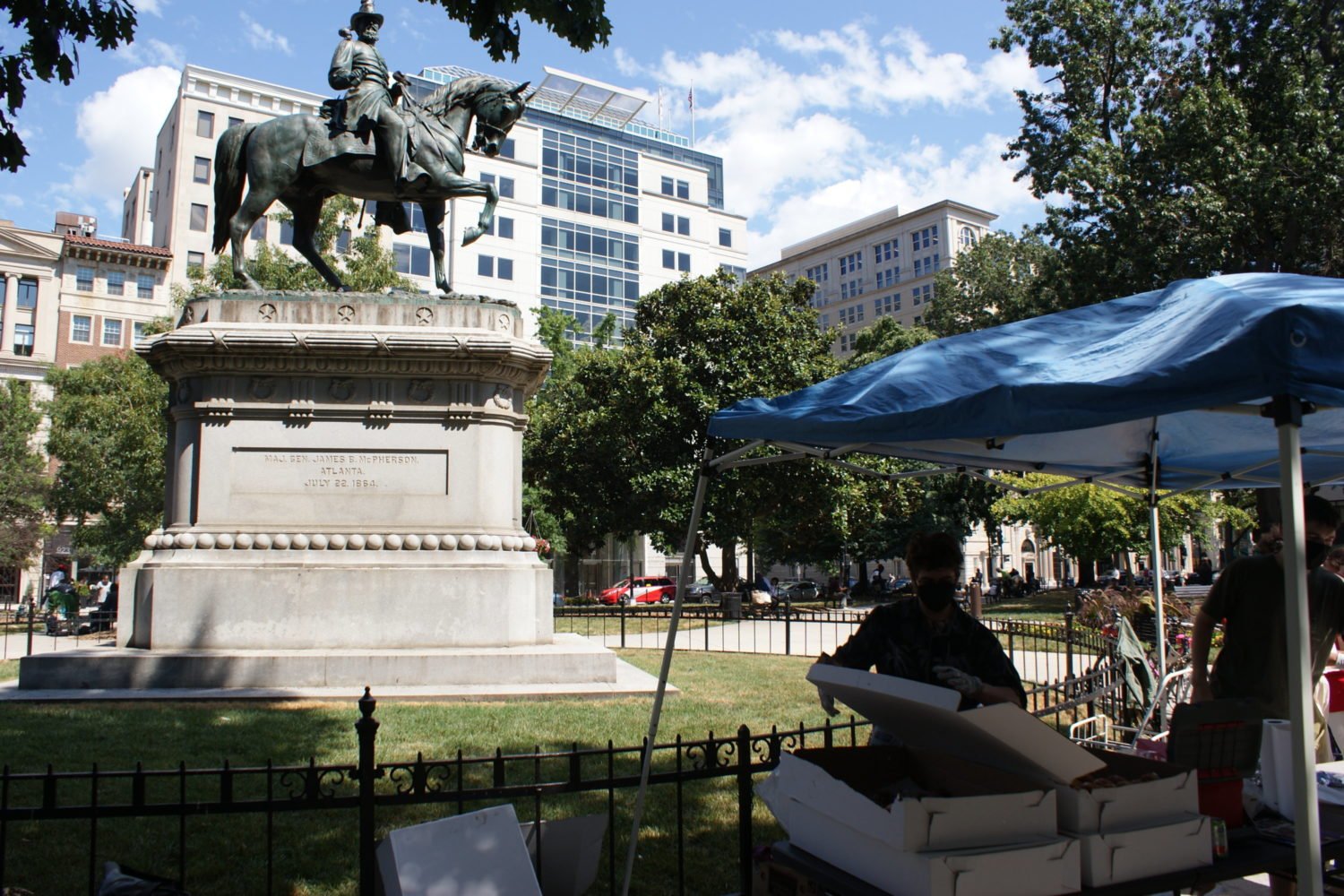On Tuesday, the Senate Judiciary Committee held a hearing about potential ethics reforms to the Supreme Court following a series of stories about questionable behavior.
Those stories include:
- Justice Clarence Thomas accepting lavish trips from Republican billionaire Harlan Crow.
- Crow also buying property from Thomas and his family members, possibly at a premium, and then fixing up the house in which Thomas’ elderly mother was living.
- Thomas’ conservative activist wife, Ginni, encouraging President Trump’s Chief of Staff to overturn the 2020 election results.
- Justice Neil Gorsuch selling a 40-acre property to the CEO of a law firm involved in numerous cases seen by the Supreme Court.
- Jane Roberts, a legal recruiter and wife of Chief Justice John Roberts, reportedly being paid $10.3 million in commissions from corporations and law firms. One of the firms argued a case in front of Judge Roberts.
Today, ProPublica reported that Crow also paid for Thomas’ grandnephew’s private school tuition.
To understand the structures that allow such actions to occur and what ethics reforms might be coming for the court, Washingtonian spoke with visiting Georgetown University Law Center professor Caroline Fredrickson, who formerly served on the President’s Commission on the Supreme Court of the United States and is a past President of the American Constitution Society.
This interview has been condensed for length and clarity.
Can you summarize the code of conduct currently in place for the Supreme Court justices?
There is no code of conduct that applies to Supreme Court justices. It’s dumbfounding. There is a code of conduct for United States judges that applies to how a judge’s family, political, financial or other relationships can influence judicial conduct or judgment. It is not just about the quid pro quo actual influence, but also about the appearance of special influence.
The Supreme Court has transgressed both of those limitations, and yet it has not adopted its own code—which it could do. And that’s why at this point, I think, members of Congress are so frustrated with the inappropriate behavior that they are getting ready to impose such a code unilaterally on the court or mandate [that] the court adopt one.
If the Supreme Court were to draft and adopt its own code of conduct, do you think that it would be as strong as one imposed upon it by an external body like Congress?
It depends. It really has to do with how enforceable it would be and how transparent. [The court] could subject itself to some kind of committee that could review the type of relationships that might raise questions—certainly spousal earnings from law firms that appear before the court or sales of real estate to members of major law firms that appear before the court or gifts. And similarly on questions of recusal in certain cases.
The simple thing would be for the justices to voluntarily subject themselves to [the code that exists for lower judges] and to the same oversight mechanisms that other judges follow.
At Tuesday’s Senate hearing, the constitutional scholar Laurence Tribe said that Congress had constitutional authority to impose a code of conduct for the Supreme Court justices. Would that be a violation of the separation of powers, as some claim it would be?
Separation of powers is not in the Constitution. If you go back to the Federalist Papers, you’ll see that James Madison talked about checks and balances between branches in order to actually have the system work.
If there really was a constitutional framework of absolute separation of powers, then Congress’s control of the budget of the Supreme Court would be unconstitutional. How can Congress have, in essence, the power to determine justices’ salaries, how big their staffs are, et cetera, and not have the power to do something much less significant like tell the court to adopt the code of conduct? If people really think that the Supreme Court is the only entity that can determine all its own rules, then let them control their budget as well. They can have a bake sale to raise their own salary.
Whether or not Congress does have the authority to impose these rules, there have been calls from many individuals and organizations for ethics reforms. Can you paint a picture of the full landscape of reforms being called for?
There are really two main approaches, which would be either Congress drafts a code and imposes it, or Congress directs the court to do it themselves. There’s not a lot of variety.
Personally, I think the court should be subject to very stringent gift rules, just like every other member of the federal government is. If you’re a member of Congress, it doesn’t matter if someone’s your friend. Half a million dollar yacht trips are not something that would be acceptable in any other branch of government, and I think that is absolutely abhorrent to a system that is supposed to depend on rule of law.
Any other opinions on how the Supreme Court should approach reforms?
The current code of conduct for other judges is the path of least resistance. There is not only a written code, but there is also a mechanism of enforceability that the judicial conference has adopted. It seems to me that it would be a good beginning. The Supreme Court has shown itself to be in flagrant disregard of normal rules of appropriate conduct for a judge.
Republican lawmakers like Lindsey Graham say the calls for ethics reforms are a partisan effort to delegitimize a conservative court. Do you think there’s any weight to those claims?
No, actually. I think it’s shameful really to suggest it’s wrong to criticize these justices for taking enormous gifts that in any other system would be seen as an absolute violation of judicial independence.
I would hope that people on the left would be equally critical of the Democratic appointees to the Supreme Court. I personally think that all of them should be barred from lavish travel and gifts. I think it’s really unfortunate that this is something that has been normalized. OpenSecrets shows Ruth Bader Ginsburg, Elena Kagan, Steven Breyer, and the conservative justices flying around the world on the dime of people who often have cases and concerns in front of the Supreme Court. I don’t think it should be permissible. It should apply to all of them.
I didn’t know that RBG and Elena Kagan took trips like that, and to my knowledge, they didn’t face calls to resign on that basis the way Clarence Thomas is now. Could you clarify how the different responses to similar actions wouldn’t be seen as partisan?
There’s a big difference here. Elena Kagan disclosed her travel, and that’s all we require right now. We don’t forbid travel, even when it’s completely luxurious from parties of interest. Nobody called for her to resign, but I think it’s a problem. The justices think it’s fine to travel the world on someone’s dime and be wined and dined by parties who really want to get to know them. And they want to get to know them for a reason.
There have been several Supreme Court stories in recent years that have contributed to record-low trust in the institution. However, the court has been around for over 230 years, and I can’t imagine earlier justices didn’t leverage their power in dubious ways. Why have recent scandals been hitting the court’s reputation harder than past scandals have?
We’re particularly aware right now because people are so upset at the extreme nature of the Supreme Court, so it’s heightened awareness. But I also think these scandals have exceeded what we know of past ones, which have been much less significant in terms of the kind of corruption.
The acceleration of the influence of dark money in politics has really accentuated the extreme nature of the gifts and luxury travel that’s being given to justices. So the ability to corrupt is that much greater than it used to be.
But when you connect it to decisions that people find extraordinarily troubling, very driven by extreme ideological beliefs—such as the Dobbs decision, and efforts to restrict the right to vote, to try and crush the power of our government to protect us from climate change—you connect it all now to powerful donors who are pulling strings. It starts to make people recognize the system is broken.
What are the potential downsides to having more and stronger ethics rules for Supreme Court justices?
Personally I can’t think of any reasons why we wouldn’t want Supreme Court justices subject to ethics rules. When I talk to judges and leaders and legal scholars from other countries, they are simply astounded by the fact that we have a court that is not bound by the expectation of ethical behavior.
Do you believe in term limits for Supreme Court justices?
I do. I absolutely do. Again, it’s kind of unnatural that we don’t [have them]. All our state courts besides Rhode Island either have term limits or age limits, because they decided otherwise would be bad policy. Judges with that much power should not be in office for life.
There is an important role for politics to play, which is not to control the actions of the individual justices, but for there to be connection to the democratic process. And that means generational change or some ability to connect the court system back to what the general public understands the law and the Constitution to mean.



















